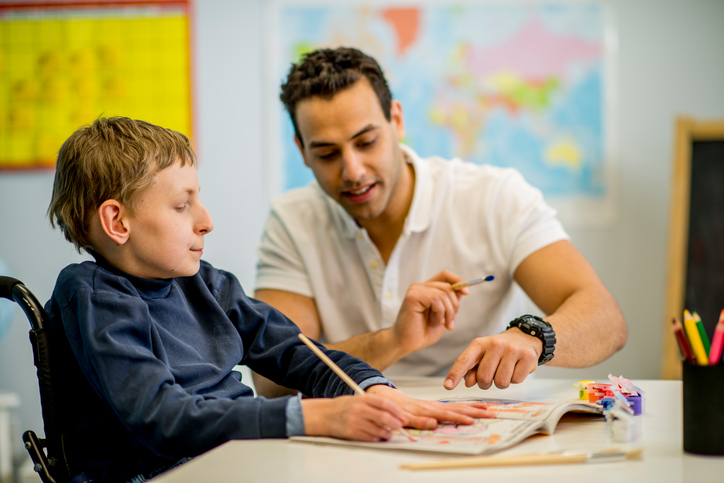Negative experiences that children with autism suffer in mainstream schools can increase their risk of developing low self-esteem and mental health problems in the long run, researchers suggest.
Autism is a developmental disorder that impairs the ability to communicate and interact and this often leads to social and emotional exclusion in schools, which adversely affects how pupils with autism view themselves.
Advertisement
“Inclusive mainstream education settings may inadvertently accentuate the sense of being ‘different’ in a negative way to classmates,” said lead author Emma Williams, Professor at Britain’s University of Surrey.
The findings, based on the analysis of 17 previous studies, revealed that pupils with autism view themselves in regards to their perceptions of how others treat and interact with them.
Further, such kids also have a tendency to internalise the negative attitudes and reactions of others toward them, which when combined with unfavourable social comparisons to classmates leads to a sense of being “different” and more limited than their peers.
Negative self-perception can lead to increased isolation and low self-esteem making pupils with autism more susceptible to mental health problems.
On the other hand, children with autism who developed supportive friendships and felt accepted by their classmates could alleviate their social difficulties and felt good about themselves, the researchers said in the paper published in the journal Autism.
“We are not saying that mainstream schools are ‘bad’ for pupils with autism, as other evidence suggests they have a number of positive effects, including increasing academic performance and social skills,” Williams said.
“Rather, we are suggesting that by cultivating a culture of acceptance of all and making small changes, such as creating non-distracting places to socialise, and listening to their pupils’ needs, schools can help these pupils think and feel more positively about themselves.”











